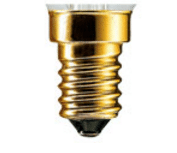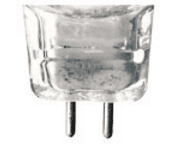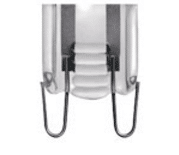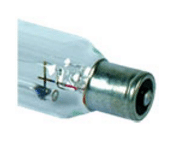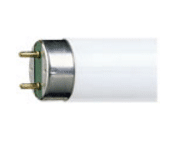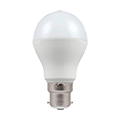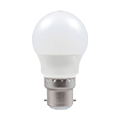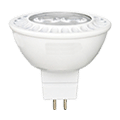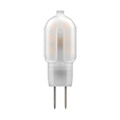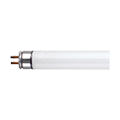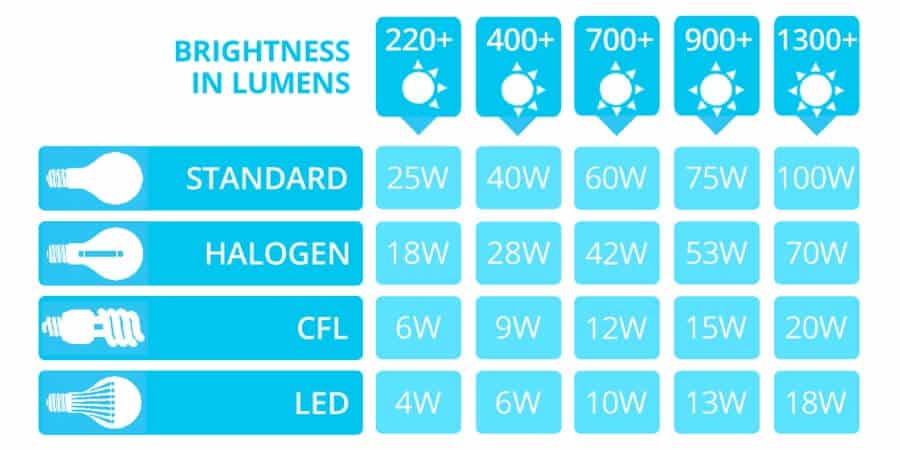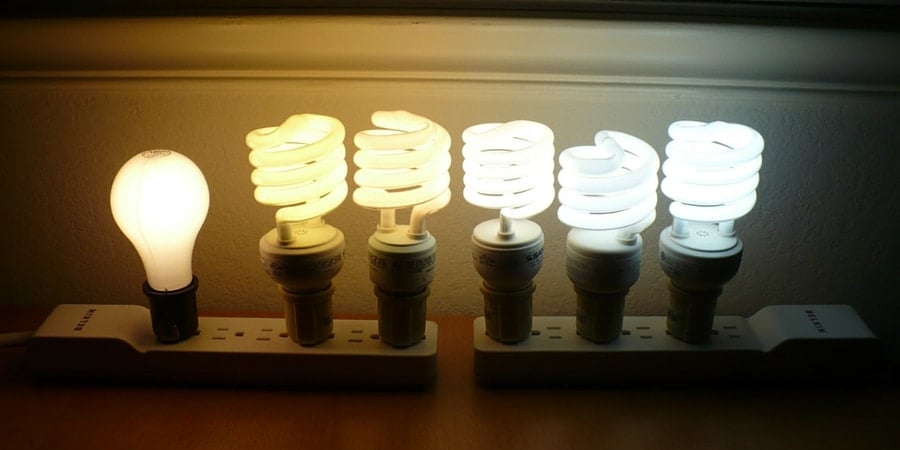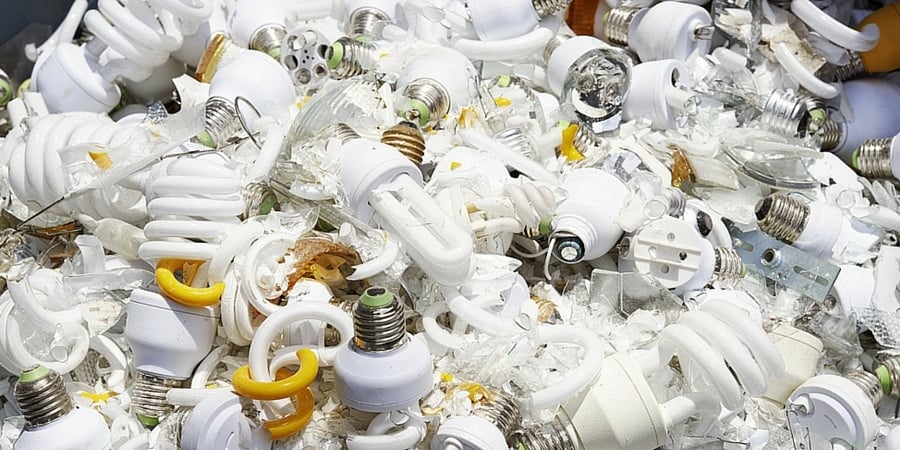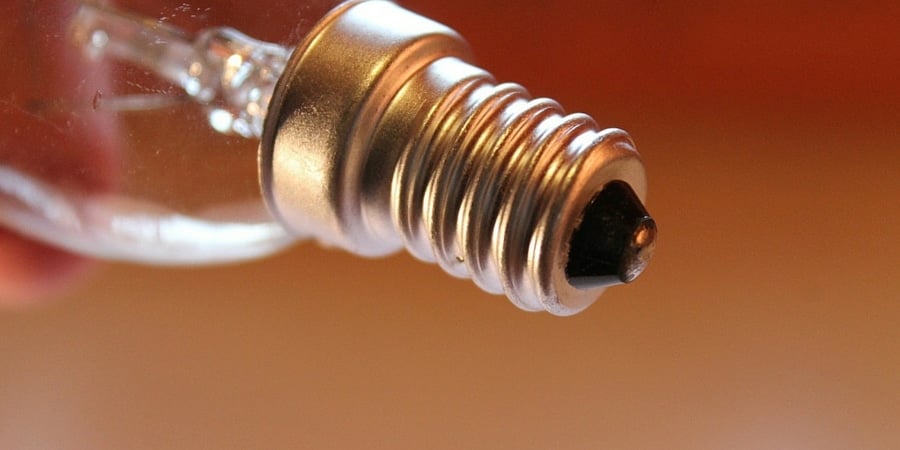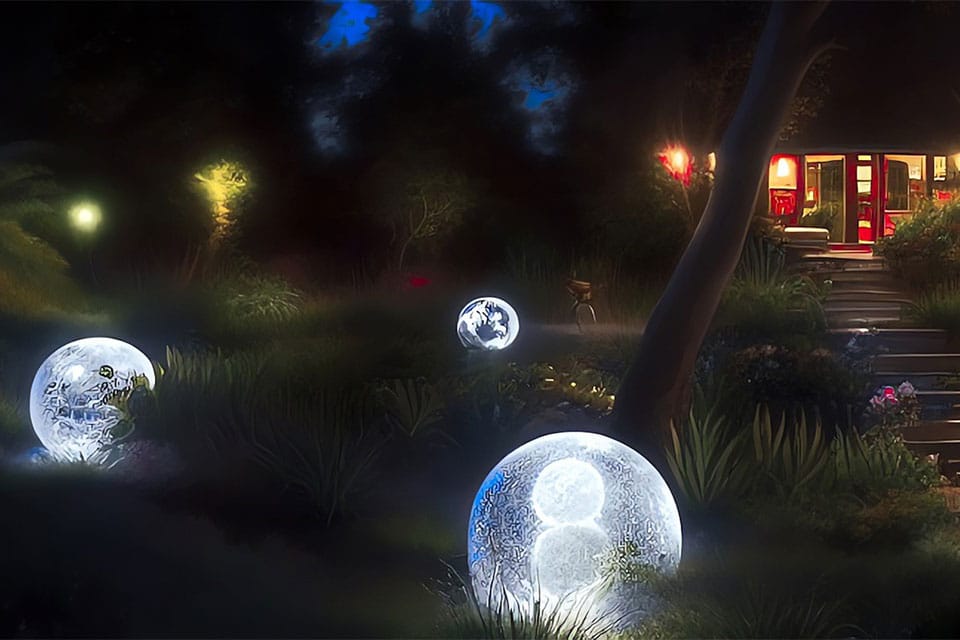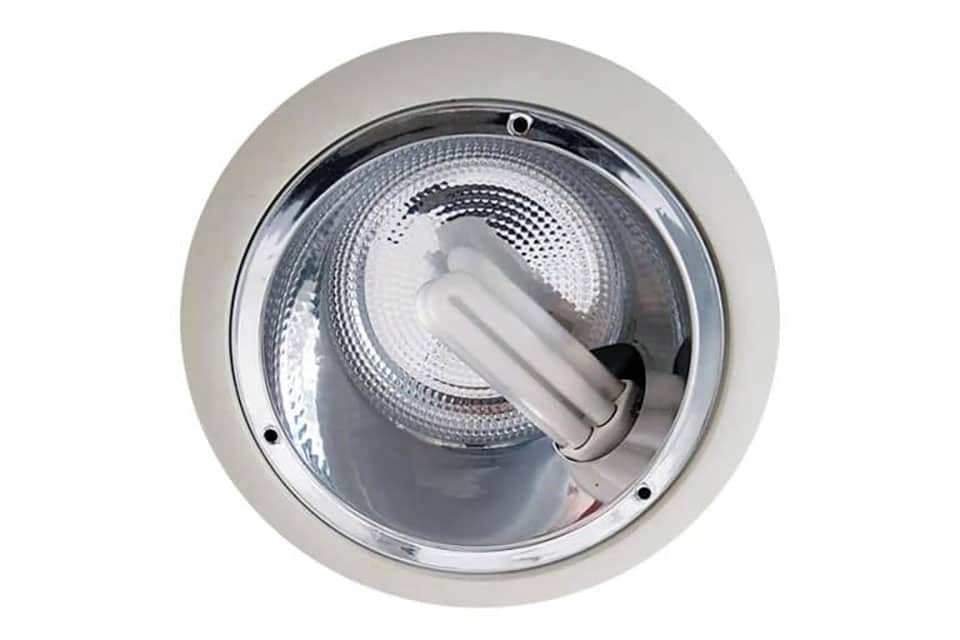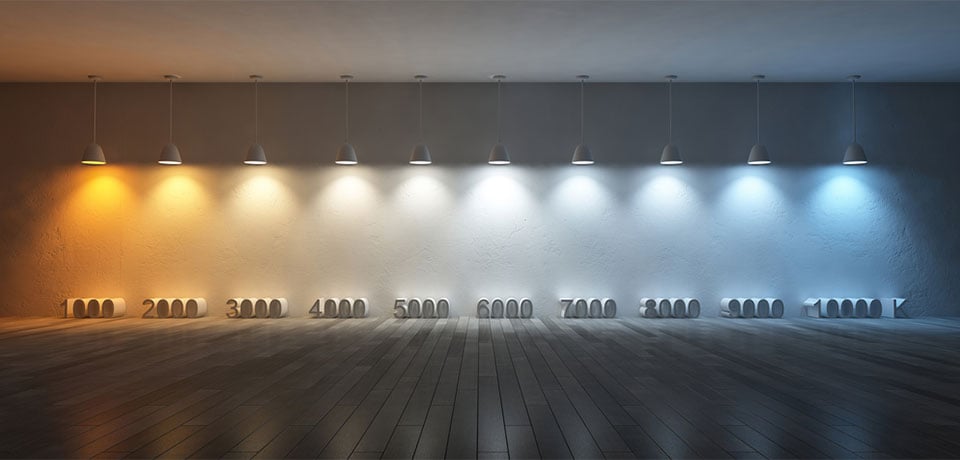A company called ‘Future Workplace’ carried out a survey called “The Employee Experience”. The company took the opinions of 1,614 North American employees and found out that their number one request for the workplace was access to natural light and views of the outdoors.
This is not a random coincidence, daylight is a basic need for human beings to survive, and being exposed to it is a healthy habit. Read on because we are about to tell you everything you need to know about daylight health benefits.
The Health Benefits Of Sun Exposure
The above survey shows only a fraction of what sunlight can do for us. Indeed, being exposed to it daily can unlock numerous benefits and help your body in many ways.
Although research is still ongoing and the benefits are too many to list here, we chose the four most important benefits so you can keep them in mind.
Vitamin D Boost
Let´s begin by saying that sunlight doesn´t differentiate between exposing to it directly and getting it through a window. This is very important because you might feel discouraged when you think of how many hours you spend inside.
That being said, the reason why Vitamin D is called “the sunshine vitamin” is that we get it from exposure to sunlight. The vitamin doesn´t travel millions of miles from the sun, it is your body that produces it when in contact with sunlight.
Moreover, according to experts, it is a critical nutrient because it regulates the absorption of Calcium and Phosphorus, and helps the immune system.
In other words, healthy production of Vitamin D helps maintain healthier teeth, bones, and a more powerful immune system. On the other hand, if you lack this important vitamin, your body might experience osteomalacia (soft bones) or osteoporosis (weak bones).
Helps Fight Back Seasonal Depression

Do you get a feeling of autumn or winter “blues”? By this, we mean the mild depression derived from the change of season going into the colder months. According to research by Steven Targum and Norman Rosenthal, 6% of the population feels it severely while another 14% feels it mildly, more similar to feeling “blue”.
This is called seasonal affective disorder (SAD) and can be significantly reduced with natural sunlight exposure. Moreover, if you tend to feel moody and irritable during those months, don´t overlook the power of the sun to put you back on your axis. Did you know you can also buy SAD lamps that help you get that all important mood boost when you live in a climate that gets little light?
Better Sleep

As you may already know, day and night regulate our sleeping habits. There is a hormone called Melatonin that our body produces naturally roughly between 9 PM and 8 AM that is in charge of saying goodbye to the world of the wake and hello to the world of dreams.
Nowadays, the existence of elements such as blue-light emitting screens can have a disruptive effect on our Melatonin production. If your body doesn´t produce enough Melatonin during the hours previous to your sleep, you might experience trouble falling asleep and might not wake up fully refreshed the next day.
A small study from 2014 carried on with office workers confirmed that the more sunlight they could get during the day, the better their night sleep was. Thus, their immune system and overall health saw major improvement as well.
On the other hand, poor sleeping patterns can lead to chronic diseases like type-2 diabetes and depression among others.
Lower Stress Level
Cortisol is the name of the stress hormone we all want to get rid of. Whenever it is present, we feel in danger and our bodies prepare for that dangerous moment. This is an archaic response pattern to the danger that kept us alive in ancient times. Nowadays, we have no predators to be safe from.
Nevertheless, our brain goes into that mode when Cortisol is in our bloodstream. How can we fight back against Cortisol? Well, releasing another hormone called Serotonin. Sunlight exposure can be the cause of the Serotonin release that can help us fight Cortisol back and recover from chronic stress.
A very common scenario is to be working with little to no sunlight and making our brain release Melatonin (darkness = bedtime). You start feeling sleepy, but don´t want to fall asleep at the office so you fight back with caffeine and get nervous about it. That is the moment you start releasing Cortisol and feeling stressed.
The solution to this very common scenario could be good artificial illumination or natural sunlight in the office. These strategies could spare you from fighting that sleep battle and help you out of chronic stress as well.
What Are The Best Options To Replace Natural Daylight?
Have you ever heard about light therapy? Well, this is a great way of replacing sunlight when the cold months arrive. You need to employ a powerful lightbox (from 2,500 to 10,000 lux) and be exposed to it for 10 to 15 minutes.
Although still under study, this light treatment could release Serotonin in our brains which helps stabilise the mood and fight back against depression.
Conclusion & A Word Of Warning About Sun Exposure
As much as being exposed to sunlight (directly or through a window) is healthy and needed, there are side effects and overexposure risks to bear in mind too. For example, UV radiation and its relationship with skin cancer and other chronic diseases.
That being said, make sure you get enough light in your skin to release serious amounts of Vitamin D and Serotonin.
Finally, don´t overlook the power of good-quality indoor lighting to make that transition from Serotonin to Melatonin feel natural and easy every day.





